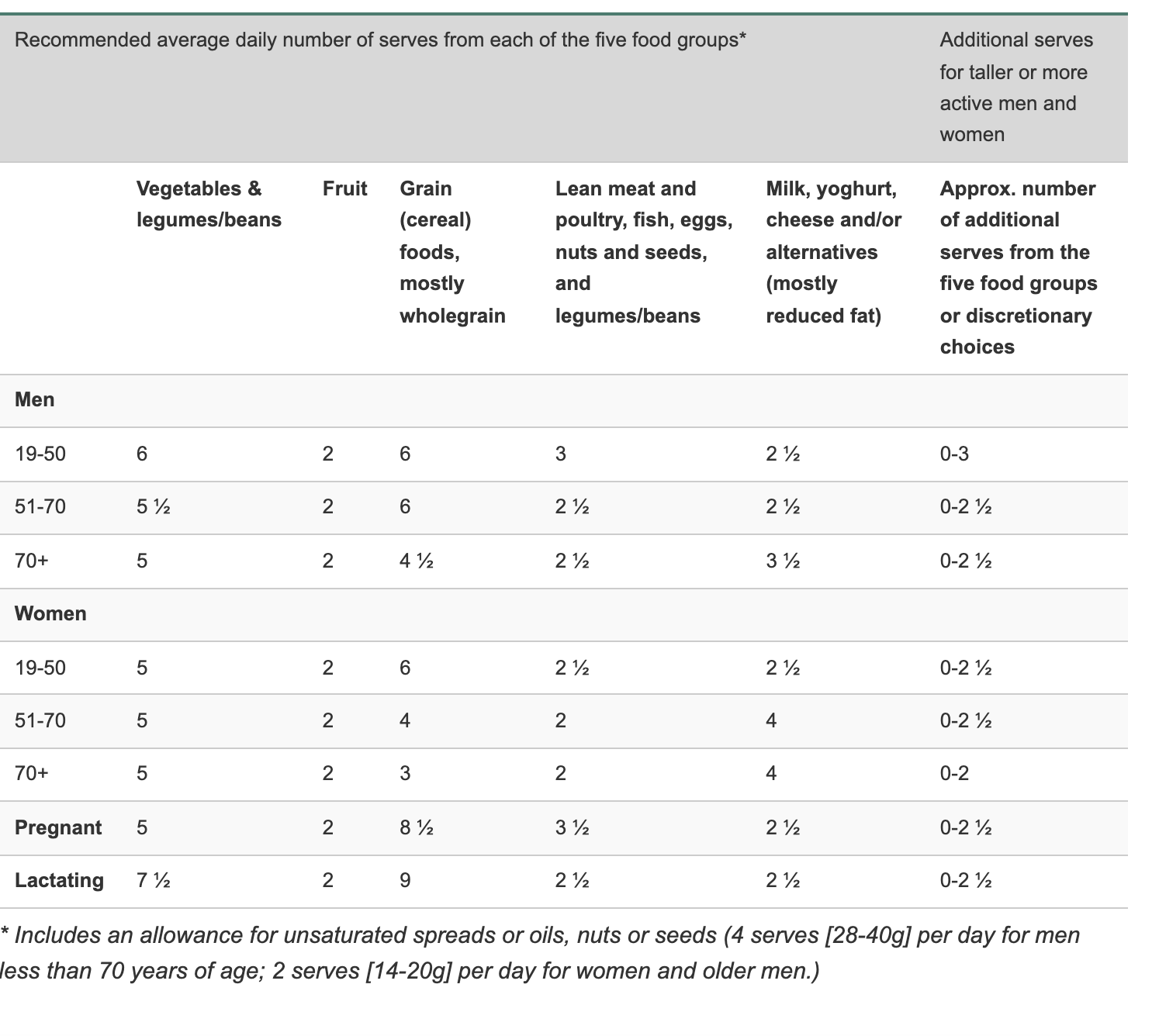The 5 things that helped Rebel Wilson lose 35kg
Jan 08, 2022
Rebel Wilson has had quite a transformation these last 12 months after dropping around 35kilos (60lbs) weight loss.
But how did she do it exactly? And how can YOU implement what Rebel did with the same success rate?
Rebel followed a popular diet called the Mayr Method. This method has been around since the 1920s, created by Dr Franz Xaver Mayr from Austria, which is centred around mindful eating, high protein foods, lots of healthy vegetables, reducing stress and processed foods and focusing on health and wellbeing.
Not surprisingly, focusing on these key things has allowed Rebel Wilson to achieve such an amazing physical transformation but also maintain this weight loss, too and it's just as simple and easy for you to follow this process and create your own meal plan for weight loss.
So let's dive into it...
1. MINDFULNESS
The Mayr method has you focusing on smaller servings, using smaller plates and chewing slowly and mindfully. Chewing food starts the breakdown and digestion process, and allowing yourself to chew for longer will help reduce self-reported hunger and food intake resulting in fewer overall calories consumed.
With mindfulness comes awareness. Awareness of your hunger and satiety cues, awareness around how certain foods make you feel, your behaviours toward foods, whether you eat due to stress or emotions, do you use food as a punishment or nourishment tool.
Awareness of your habits, thoughts and behaviours around food and nutrition is key to your weight loss success.
So take a step back and assess.
When you become aware of what's working against you or habits that aren't serving you, you can make positive changes to these.
2. HIGH-PROTEIN FOODS
The benefits of a high-protein diet are vast. Protein has a higher thermic effect which means that it costs energy to break down and digest, up to 20%-30% of the calories consumed from protein will be "burned" in the digestion process. Protein foods are more satisfying, meaning you'll fill up quicker, again fewer calories consumed.
The benefits of higher protein foods on muscle preservation and on body composition are also great if coupled with resistance exercise.
We all have different protein requirements, and for women, as we get a little older and hit that wonderful time of perimenopause, our protein requirements change, and we need a little more to maintain muscle mass.
Protein intake varies from individual to and will depend you are resistance training or not and can range from 1.2g per kg/body weight up to 2.2g per kg/BW you want this spread throughout the day in 3-5 feedings. Or focus on a protein source at each meal. Eggs, egg whites, chicken, tuna, turkey, lean beef etc
3. LOTS OF PLANTS
Incorporating more fruit and vegetable into your diet, you'll see immediate benefits to your health, ranging from more energy, sleeping better, recovering faster, improved immunity, and hunger management, your skin will look and feel better - why? ...NUTRIENTS
Every cell in your body cries out for the nutrients, vitamins and minerals we get from plants. But the convenience we seek in modern life has seen a decline in the amount of fresh/frozen fruit and veggies we eat.
Daily recommended intakes from the Australian Dietary Guidelines...

4. REDUCE STRESS
Chronically elevated stress can have a negative effect on mood and metabolism Stress can cause you to overeat or under eat, and we all respond differently to stress.
The primary hormone relevant to stress is CORTISOL. And just like the types of stressors on the body and the way they are created, cortisol can too be positive or negative. Short-term stress and short pulses of cortisol can be beneficial, whereas chronically elevated cortisol caused by long-term stress is not.
Long-term increased cortisol may increase your risk for high blood pressure, heart disease, type 2 diabetes, osteoporosis, and other chronic diseases
5. REDUCE PROCESSED FOODS
Studies have linked ultra-processed foods to higher risks of obesity, high blood pressure and high cholesterol. Reducing your consumption of processed foods and focusing on more protein and plant-based foods not only will it help your waistline but also your health.
A lot of processed foods have an inflammatory effect on the digestion system, causing things like IBS, bloating and discomfort. Research shows that what you eat can affect your blood's levels of C-reactive protein (CRP)—a marker for inflammation. That could be because some foods like processed sugars help release inflammatory messengers that can raise the risk of chronic inflammation
And when you feel good, you eat well, and you move more, it's a positive effect.
So what can YOU do to help lose belly fat?
Simply focus on protein in each meal, eat more veggies, eat fewer processed foods, eat slowly and mindfully and look to reduce your stress.
Simple right? Maybe you need a bit more help and guidance to get started with this...
Apply to join the Ellavate Coaching team. Give us 6 months to elevate your life.
APPLY HERE

